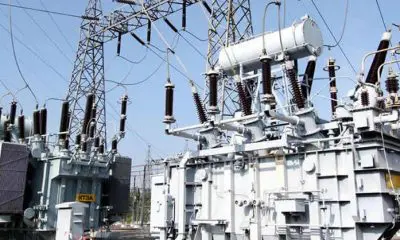Nigeria, often referred to as the giant of Africa, is set to lead a renewable energy drive to provide power to 300 million Africans by 2030. While the project is undoubtedly ambitious and laudable, it raises serious concerns given Nigeria’s own energy crisis.
The reality on the ground in Nigeria paints a grim picture when it comes to electricity access. The majority of Nigerians still grapple with a lack of reliable electricity, which has crippled businesses and stifled economic growth. The high cost of energy and exorbitant electricity tariffs have further exacerbated the situation, making it difficult for businesses to thrive and for individuals to access basic amenities.
In light of these challenges, it seems somewhat laughable that Nigeria would take on the responsibility of leading a renewable energy drive for the continent. How can a country that struggles to provide its own citizens with adequate power infrastructure be expected to spearhead such a monumental initiative for the entire region?
Our position is clear: the Nigerian government must prioritize solving the nation’s energy crisis before embarking on grandiose projects to provide power to millions of Africans. It is imperative that the government focuses on improving the country’s existing power infrastructure, addressing issues such as transmission losses, inadequate generation capacity, and electricity theft.
Furthermore, the government must work towards creating a conducive environment for renewable energy investment by providing incentives for companies to invest in the sector and streamlining regulatory processes. This will not only help address Nigeria’s energy crisis but also position the country as a leader in renewable energy on the continent.
In conclusion, while Nigeria’s ambition to lead a renewable energy drive for Africa is commendable, it is essential that the government first addresses the pressing energy needs of its own citizens. By prioritizing solutions to the nation’s energy crisis and creating a conducive environment for renewable energy investment, Nigeria can truly lead by example and pave the way for a sustainable energy future for the entire continent.























